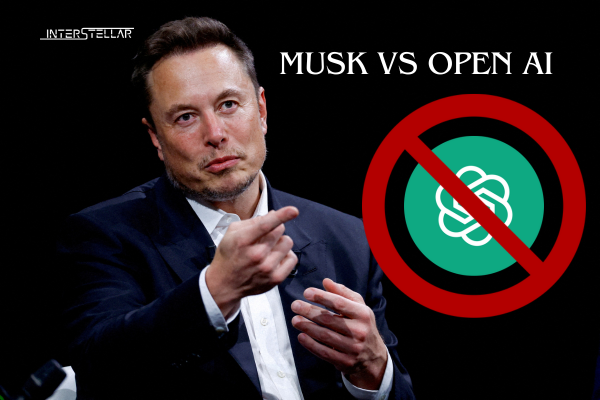Elon Musk Withdraws Lawsuit Against OpenAI and CEO Sam Altman
Billionaire entrepreneur Elon Musk has moved to dismiss his lawsuit against ChatGPT maker OpenAI and its CEO, Sam Altman. The lawsuit accused them of abandoning OpenAI’s original mission of developing artificial intelligence for the benefit of humanity and not for profit.
Lawsuit Withdrawal
Attorneys for Musk requested the California state court to dismiss the lawsuit, initially filed in February, without providing a reason for the move. The filing was made in San Francisco Superior Court, where a judge was scheduled to hear OpenAI’s motion to dismiss the lawsuit the following day.
Neither OpenAI nor Musk’s attorney immediately responded to requests for comment. Musk dismissed the case without prejudice, allowing him the option to refile it in the future.
Background of the Lawsuit
The lawsuit was the culmination of Musk’s long-standing opposition to OpenAI, a startup he co-founded. OpenAI has since become a leader in generative AI, backed by billions of dollars in funding from Microsoft. Musk, who last July founded his own AI startup, xAI, raised $6 billion in series B funding in May, bringing its post-money valuation to $24 billion.
The lawsuit claimed that Altman and OpenAI co-founder Greg Brockman initially approached Musk to create an open-source, non-profit company. However, since its establishment in 2015, the startup has shifted its focus to profitability. The lawsuit alleged that OpenAI “set the founding agreement aflame” by releasing its powerful language model, GPT-4, last year.
Musk sought a court order to compel OpenAI to make its research and technology publicly available and to prevent the company from using its assets, including GPT-4, for financial gain by Microsoft and others.
OpenAI’s Defense
OpenAI argued in a court filing that Musk’s lawsuit was based on incoherent claims, describing it as a contrived attempt by Musk to advance his own AI interests. “Seeing the remarkable technological advances OpenAI has achieved, Musk now wants that success for himself,” OpenAI’s attorneys stated.
In an April filing, Musk contended that OpenAI was trying to “advance arguments that are based on disputed facts” beyond the lawsuit’s scope.





